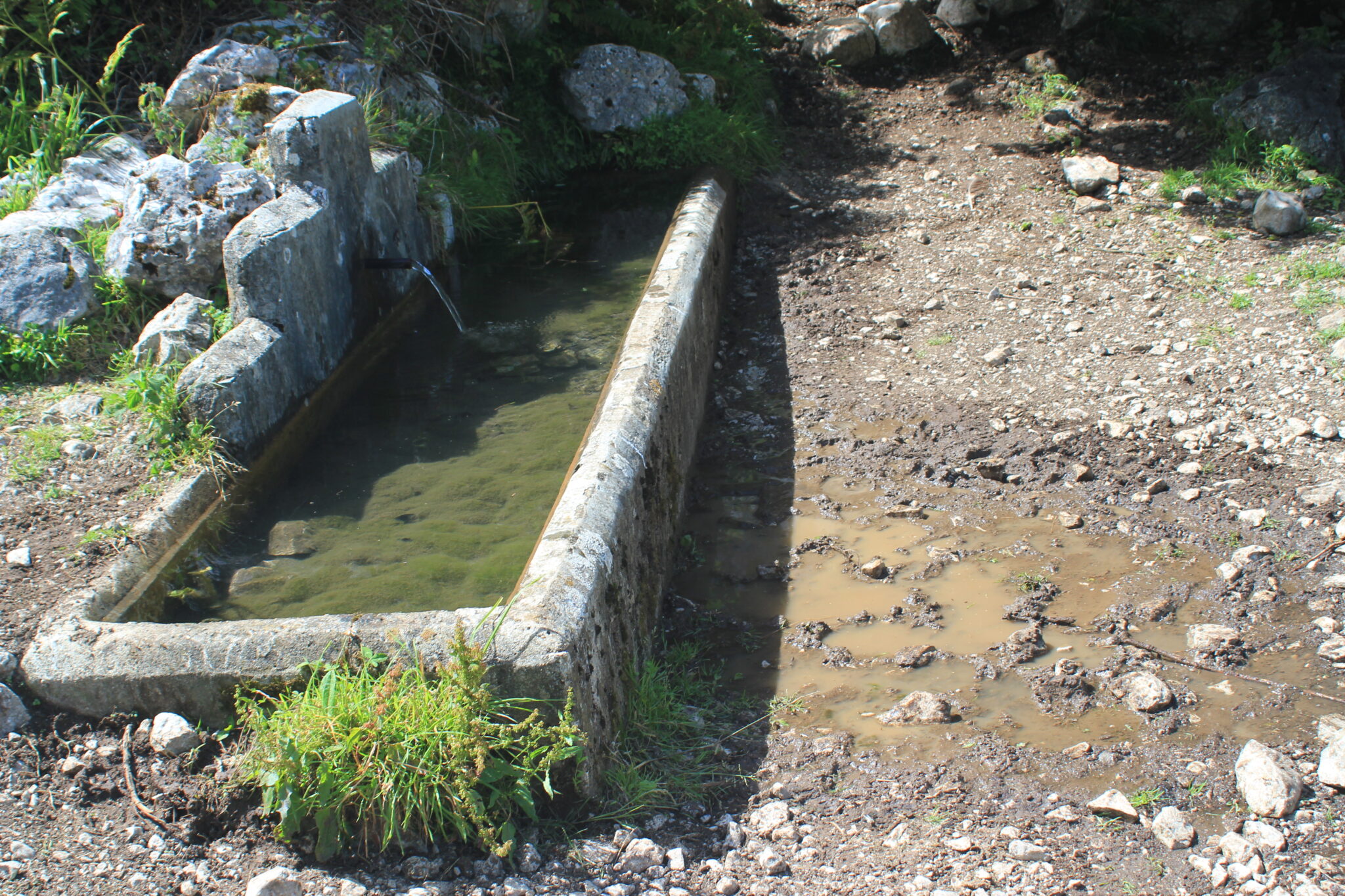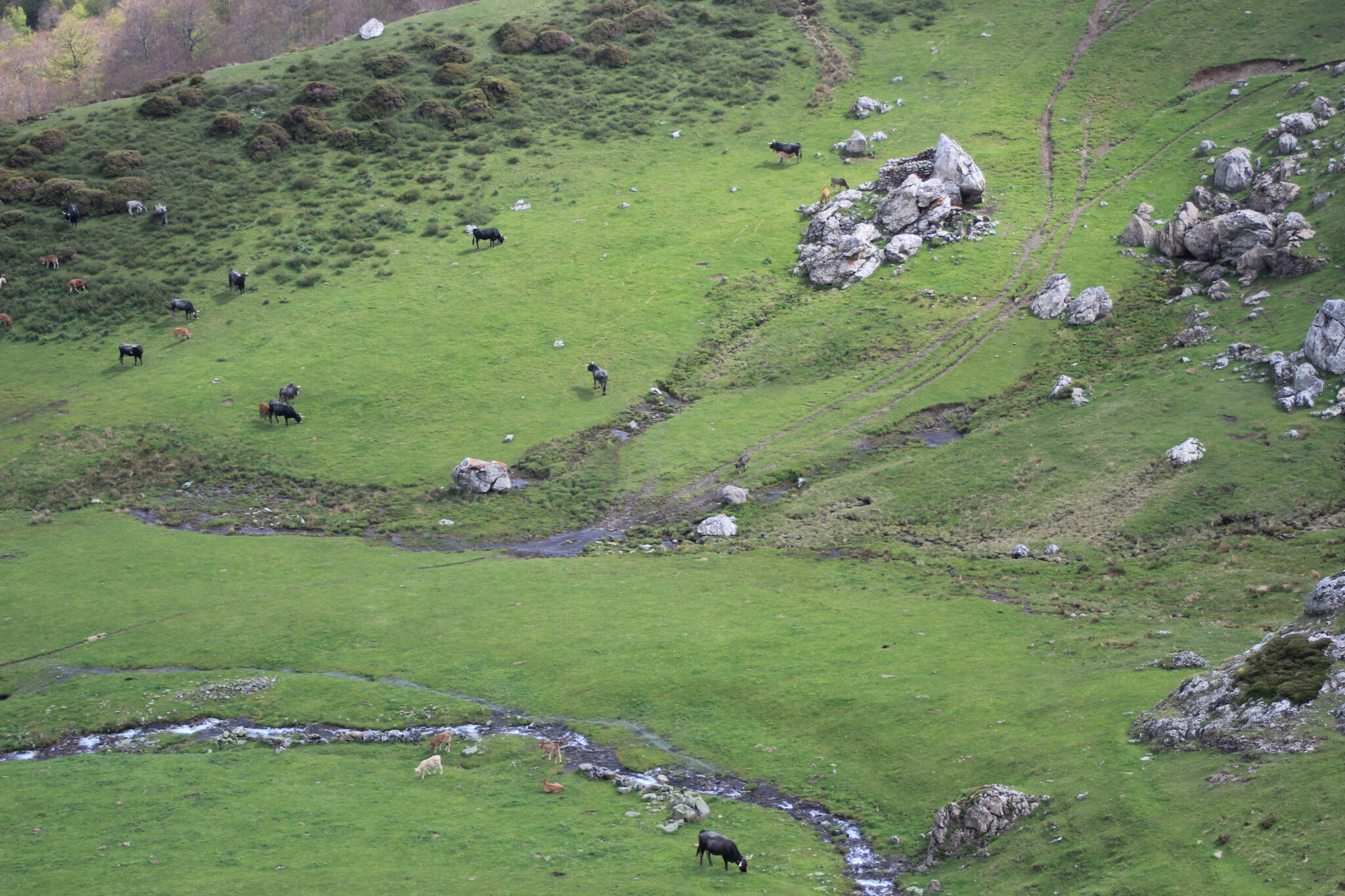Global change threatens Mediterranean springs, according to research in which IHCantabria participates
Their results demonstrate the fragility of these important ecosystems in the face of changes in temperature, precipitation patterns and agricultural practices that threaten biological diversity and water quality.
A recent article, published in the scientific journal Global Change Biology, reveals the fragility of Mediterranean springs, key ecosystems and biodiversity refuges, due to climate change and human activities. Under the title “
Mediterranean springs: Keystone ecosystems and biodiversity refugia threatened by global change
“this study highlights the crucial importance of these habitats and the risks they are facing.
Mediterranean springs, which are located at the intersection between surface and groundwater, harbor a unique diversity of life and perform vital ecological functions. These key ecosystems are being impacted by biotic and abiotic factors and human intervention, altering their environmental stability.
One of the most worrisome findings is the vulnerability of these areas to changes in temperature, precipitation patterns and agricultural and forestry practices. “These factors threaten biological diversity and water quality significantly,” reports José Barquín Ortiz, head of the Continental Ecosystems group at the Environmental Hydraulics Institute of the University of Cantabria(IHCantabria). He is one of the co-authors of the paper recently published in the journal Global Change Biology, together with Marcos Fernández-Martínez and other leading researchers from several institutions in Spain, Italy and Portugal.
The analysis of these co-authors highlights the urgency of preserving Mediterranean springs, in addition to proposing concrete actions for their management and conservation. His research underlines the need to understand and protect springs, not only for their ecological value, but also for their cultural importance in Mediterranean landscapes.
Through an exhaustive review of the literature and the analysis provided by each co-author, the study reveals the importance of these ecosystems as a refuge for freshwater species in the face of climate change, highlighting the need to promote future research to better understand their dynamics and conservation requirements.
The aforementioned scientific article not only highlights the fragility of the ecosystems corresponding to Mediterranean springs, but also calls for decision-making and immediate action to protect these valuable sites for the benefit of future generations.
This study identifies the main threats that climate change has on Mediterranean springs -threats that can affect both the hydrological and thermal regime-, which affects the biodiversity of these ecosystems and water quality. In addition to describing the importance of these ecosystems in Mediterranean landscapes, the scientific article published in the journal Global Change Biology provides a summary of recommendations to promote the proper management of these springs.
One idea that highlights the value of this research for society is the need to conserve and restore freshwater springs and sources as ecologically and culturally important enclaves. Upwelling is the rise to the surface of cooler, hydrologically stable groundwater masses. Therefore, “a source or upwelling is a point of groundwater discharge, on the surface,” explains José Barquín Ortiz.
In the future, the development of potential studies on the relevance of Mediterranean springs as a thermal refuge for freshwater species is foreseen.
The full content of the article containing the characteristics and results of this research can be accessed through the following link: https://onlinelibrary.wiley.com/doi/10.1111/gcb.16997

Fresh water spring in Fuente Dé. Natural State.

Many springs and springs end up with this type of modification, in order to use it as a watering place for livestock.

Water emergence in the Cantabrian Mountain Range with bank erosion problems due to cattle access.


